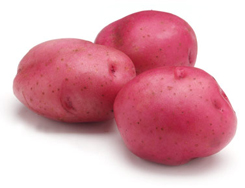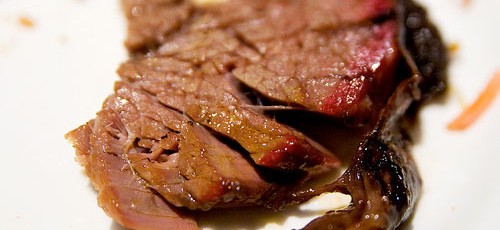B'tayavon: Roasted potatoes
Ingredients 2 pounds red potatoes, scrubbed and halved 3 tablespoons olive oil Salt and pepper to taste 2 garlic cloves 2 tablespoons fresh rosemary, chopped Directions 1) Preheat the oven to 425 degrees. 2) Toss the potatoes and olive oil in a bowl to coat. Season with salt and pepper. 3) Place the potatoes in…







